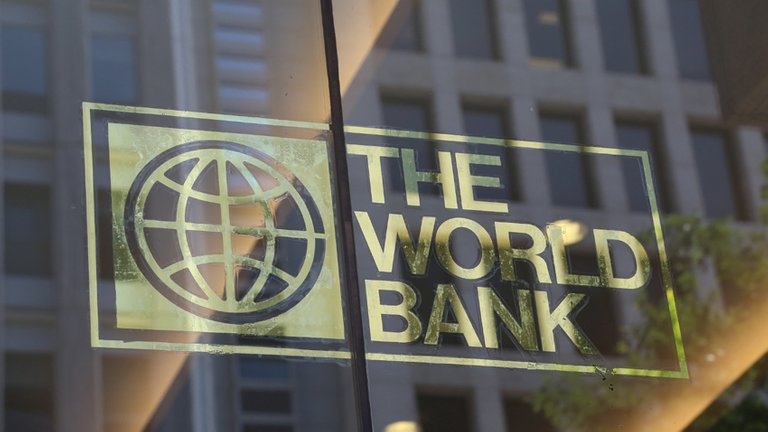
World Bank predicts Indonesia's economic growth will reach 5.3% by the end of 2018. However, Indonesia's challenge should be to accelerate the growth.
World Bank Indonesia Lead Economist Frederico Gil Sander said Indonesia needed to boost economic growth with strong fundamentals.
The government must create a policy that has a breakthrough to boost economic growth, investment and create jobs.
Although the government has made 16 policy packages, but the policy has not been too berimbas to growth.
In addition, the need for investment in people's living standards, where it can build the economy and impact on inclusive growth.
"What is meant is an investment in health, education and where it is a component that can affect growth," he said, Tuesday (27/3).
According to him, Indonesia still has a significant gab and it must be closed. He mentioned, as in Indonesia's human resources, where 55% of Indonesian children can read but do not understand what they read.
In addition, salaries in Indonesia are lower than India, China, and Vietnam. But the costs incurred by the workers are greater than the salary.
"This is a gab of human capital and it is quite risky," he added.
To smooth it all down, Indonesia must increase its income even more, and manage its expenditure well. The government needs to boost tax revenue.
"We should also see better investment growth, where the government should be able to facilitate tax payments, and make it easier for people to pay taxes so that the government can raise more revenue from it," he added.
Meanwhile, Finance Minister Sri Mulyani responded, the government's focus is to maintain public purchasing power. This includes creating better employment opportunities that will impact the economic capacity of Indonesians.
"I think what the World Bank says is their view. But the power to see the potential to create a higher economic growth is always there, "he said.
The government has such a strategy, for poorer communities the government increases the capacity to create more effective and more effective social safety net, so that the government can protect the poor.
Moreover, in terms of investment, the government continues to see the readiness of the private sector. Therefore, the government still sees any problems faced by investors.
"We see whether they feel hampered by licensing issues or need incentives then made tax incentives that will soon be conveyed, including for small and medium enterprises to lower their final rate by half," he explained.
That all, he added, is done only to improve the convenience of private parties. So it can be an economic driver in Indonesia.
"Then, there is an export and we are looking at the country itself a lot of diversification of exports it can do. Whether it's from the traditional side of commodity or manufacturing.
Source: Phintas